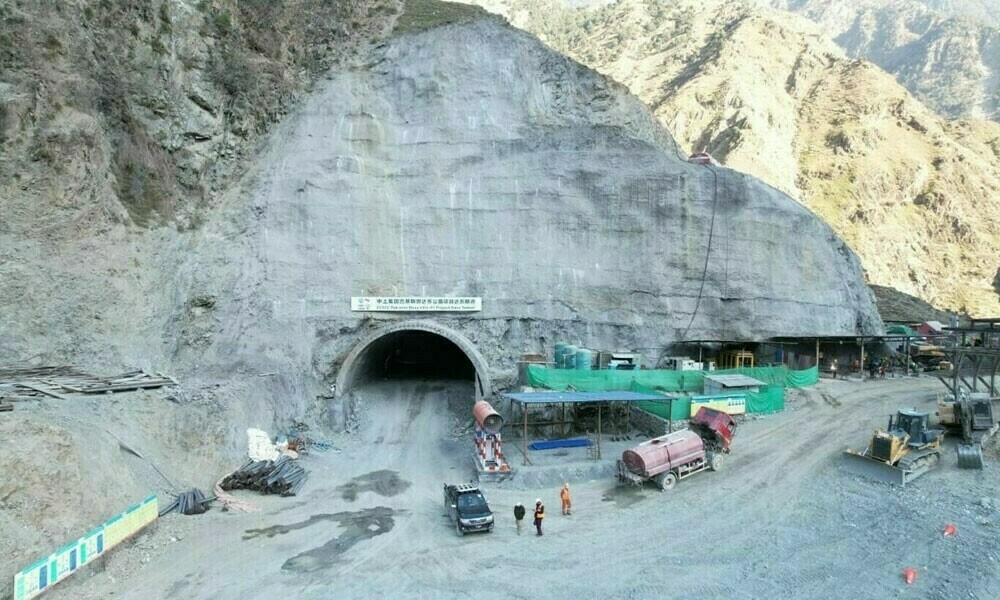Pakistan’s energy sector faces critical challenges, from rising costs to system inefficiencies. However, the Dasu Hydropower Project (DHP) promises to revolutionize the country’s energy landscape.
With a capacity of 4,320 megawatts (MW) and backing from the World Bank, this project is a beacon of hope for cleaner, more reliable energy. But what makes this project so significant, and how will it impact Pakistan’s energy future?
Details of the Dasu Hydropower Project, its progress, challenges, and the potential benefits it holds for Pakistan’s energy needs
What is the Dasu Hydropower Project?
The Dasu Hydropower Project is a cornerstone in Pakistan’s journey toward cleaner and sustainable energy.
Situated on the Indus River, the project involves constructing a 242-meter (794 ft) tall dam, which will support a 4,320 MW hydropower station. The project is divided into two stages, each generating 2,160 MW, with power production set to begin in July 2027.
This initiative is crucial in addressing Pakistan’s growing energy demands while reducing reliance on fossil fuels.
- Capacity: A total of 4,320 MW clean energy production.
- Location: Built on the Indus River in Kohistan District.
- Structure: A 242-meter high dam, one of the tallest of its kind in the region.
- Implementation: Supported by a $1 billion additional financing package from the World Bank.
- Transportation Challenges: Restrictions on international worker movement and a lack of armored vehicles have slowed progress.
- Administrative Delays: The Water and Power Development Authority (WAPDA) has struggled with securing approval for revised project components (PC-1).
- Government Initiatives: Recent discussions between Pakistan’s energy ministers and the World Bank have renewed efforts to expedite implementation.
Pakistan’s energy sector struggles with high system losses and limited clean energy capacity. The Dasu Hydropower Project:
- Reduces reliance on fossil fuels.
- Contributes significantly to Pakistan’s clean energy targets under its 10-Year Country Partnership Framework with the World Bank.
- Supports long-term economic stability by providing cheaper and sustainable power options.

The Role of the World Bank in DHP
The World Bank has been instrumental in funding and supporting the Dasu Hydropower Project. By dispatching Implementation Support and Progress Review Missions, the Bank ensures steady progress while offering technical assistance.
Additionally, the institution has emphasized the need for:
- Smart metering at transformer levels for improved transparency.
- Increased investments in Public-Private Partnerships (PPP) for energy distribution.
- Generate affordable energy for millions of households.
- Significantly reduce carbon emissions.
- Set a benchmark for future hydropower and clean energy projects in the region.
Moreover, investments in smart meter technology and data-driven policy-making will complement DHP’s success by ensuring equitable load management and efficient energy use.


